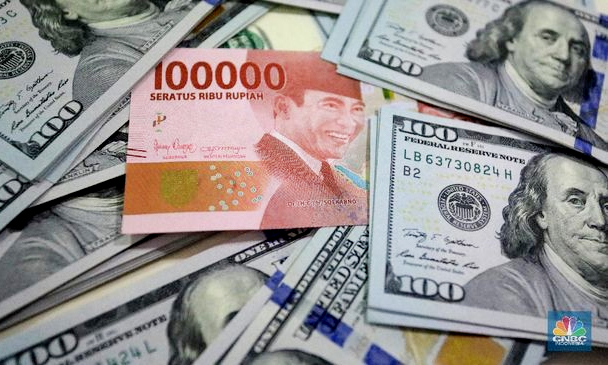In the world of personal finance, options for borrowing money have expanded to meet the needs of consumers. One such option that has gained popularity is the “pay-over-time” loan. While these loans can offer flexibility and convenience, there’s an underlying concern that they may pose a potential risk for long-term debt.
Pay-over-time loans, also known as installment loans, allow borrowers to split their payments over a period, typically ranging from a few months to several years. This approach can be appealing, especially for individuals who need to make significant purchases or cover unexpected expenses but can’t afford to pay the full amount upfront. While these loans have their merits, it’s crucial to understand the potential downsides.
The Allure of Pay-Over-Time Loans
The allure of pay-over-time loans lies in their accessibility and simplicity. They often come with relatively straightforward application processes, and borrowers may receive funds quickly, which can be invaluable during emergencies. Additionally, these loans might not require a spotless credit history, making them accessible to a wider range of individuals.
Furthermore, fixed monthly payments can provide budgetary relief, making it easier for borrowers to manage their finances. This predictability can be especially useful for those with stable incomes who want to spread out the financial burden over a more extended period.
The Hidden Risks
While pay-over-time loans have their benefits, it’s essential to recognize the potential risks they carry, particularly the risk of long-term debt accumulation. Borrowers may initially feel relieved by the manageable monthly payments, but over time, the interest accrual on the outstanding balance can add up significantly. As a result, borrowers may end up paying more than they originally anticipated.
Additionally, the extended payment terms of these loans mean that borrowers remain in debt for a more extended period. This extended debt exposure can limit financial flexibility and hinder other financial goals, such as saving for emergencies, retirement, or future investments.
Furthermore, there’s a risk of overborrowing. The availability of pay-over-time loans may tempt some borrowers to take on more debt than they can reasonably afford, leading to a cycle of borrowing to cover previous debt or financial shortfalls.
Strategies for Responsible Borrowing
While pay-over-time loans can be a valuable tool in certain situations, borrowers should exercise caution and employ responsible borrowing strategies. Here are a few essential considerations:
- Budgeting: Before taking on any loan, assess your financial situation, create a budget, and determine if you can comfortably meet the monthly payments without compromising other financial goals.
- Interest Rates: Pay close attention to the interest rates and fees associated with the loan. Understand the total cost of borrowing over the loan term.
- Term Length: Opt for the shortest term length that you can afford. While longer terms may result in lower monthly payments, they often come with higher overall costs due to accrued interest.
- Emergency Fund: Maintain an emergency fund to cover unexpected expenses, reducing the need to borrow money for emergencies.
- Loan Comparison: Explore other borrowing options, such as traditional personal loans, credit cards, or community assistance programs, and compare the terms and interest rates to make an informed decision.
Pay-over-time loans offer convenience, but they come with potential long-term debt risks that borrowers must carefully consider. By understanding the terms, evaluating their financial situation, and exploring alternative options, individuals can make informed decisions that align with their overall financial well-being. Responsible borrowing, combined with a clear understanding of the implications, can help individuals manage their finances more effectively and avoid falling into a cycle of debt.




